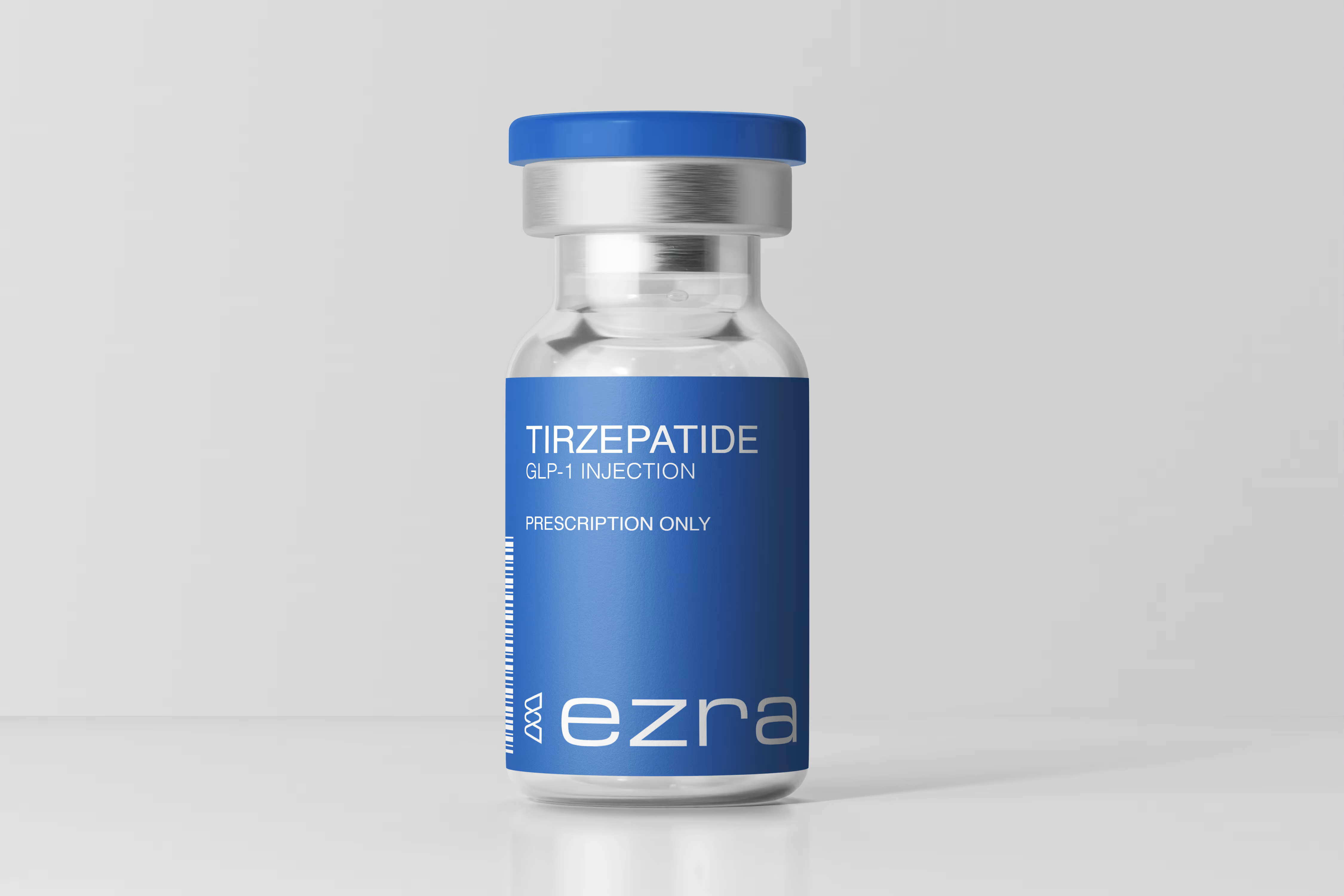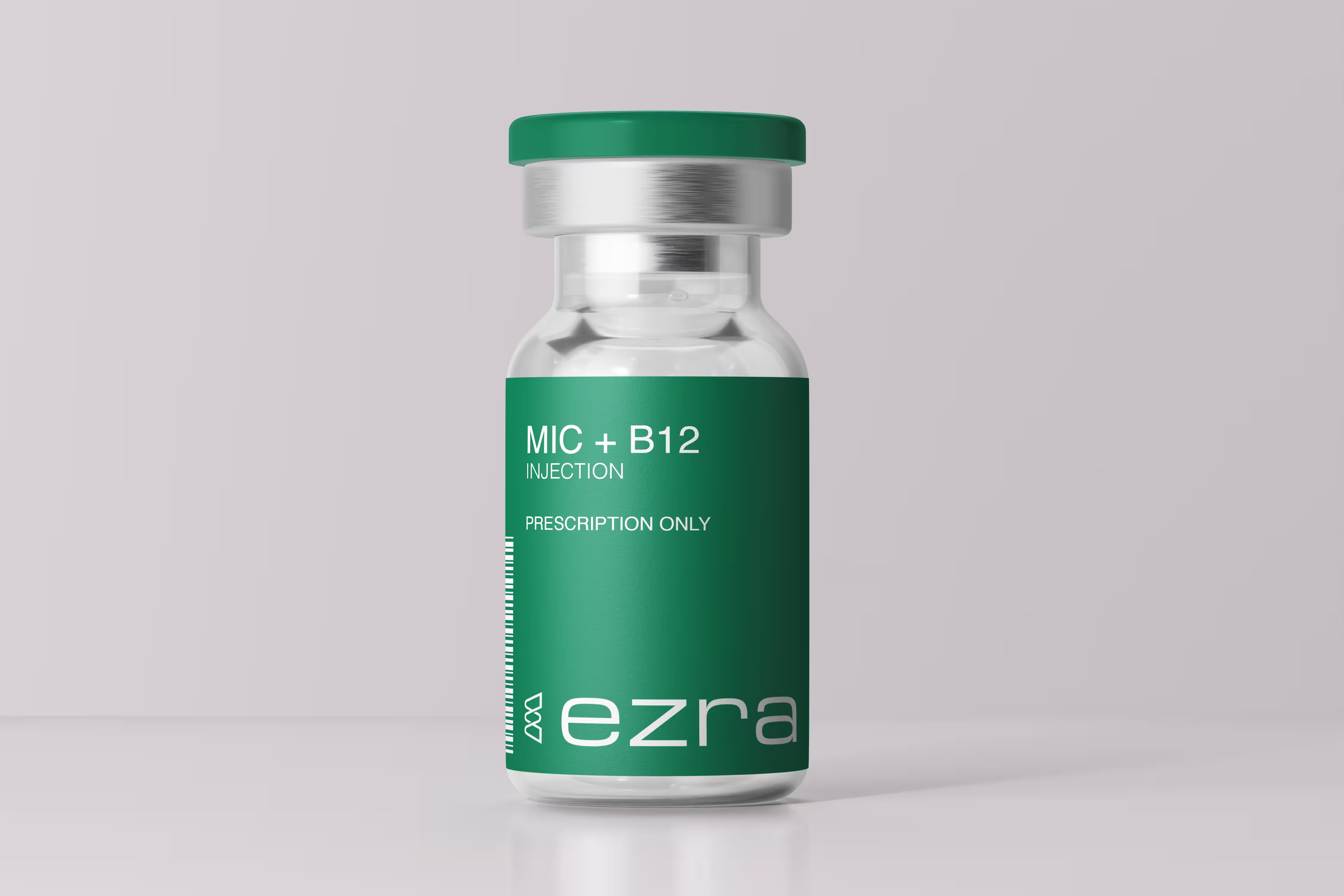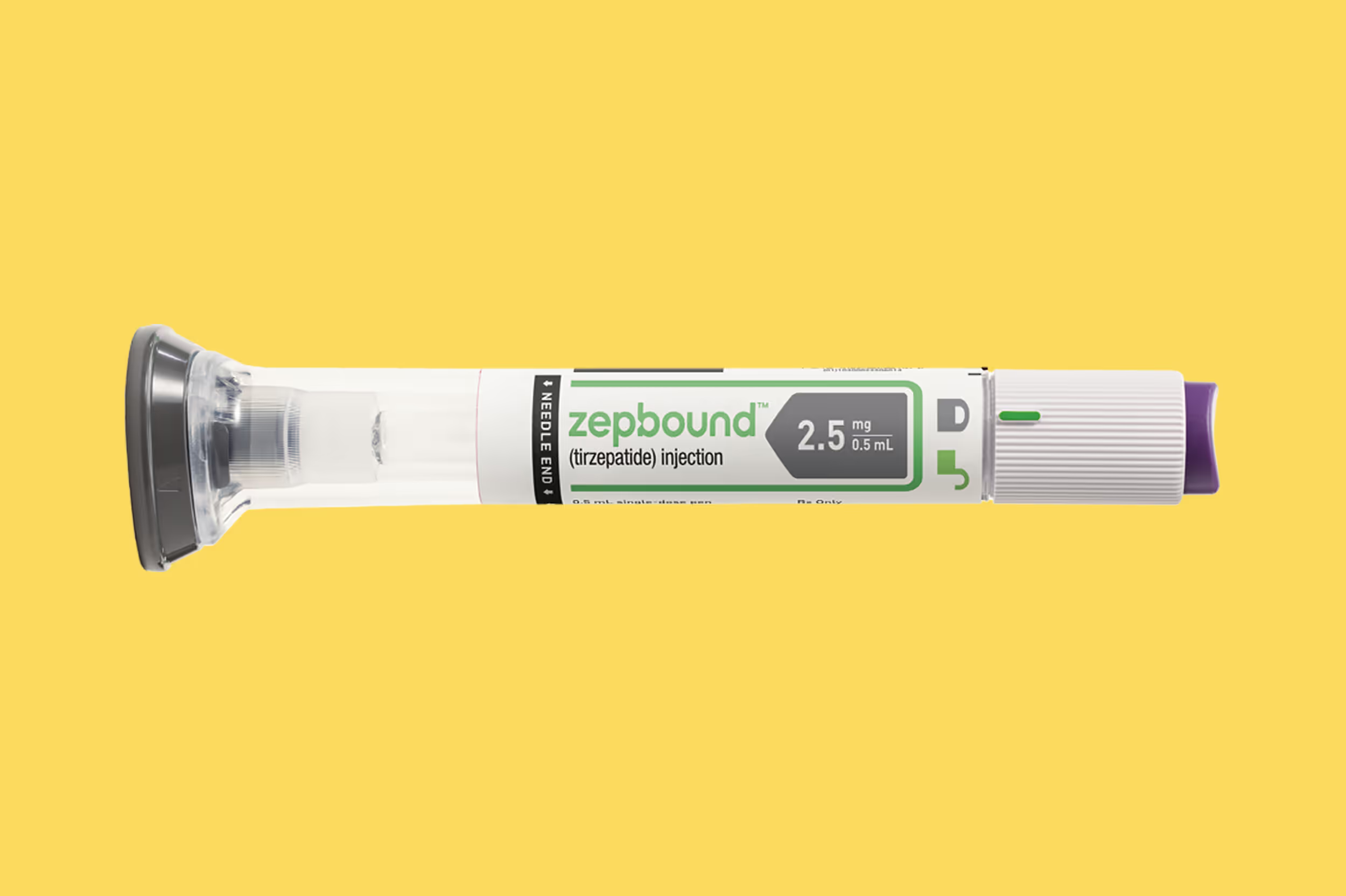A recent clinical trial published in The New England Journal of Medicine brings new hope to the fight against adolescent obesity. The study evaluates the efficacy and safety of once-weekly semaglutide, a GLP-1 receptor agonist, in adolescents aged 12 to 17 living with obesity — a condition that continues to rise globally and pose long-term health risks.
Study Background
Semaglutide is already known for its effectiveness in adults with obesity or type 2 diabetes. This study — a phase 3a, randomized, double-blind, placebo-controlled trial — investigated whether the same treatment could safely and effectively promote weight loss in teenagers with obesity.
Study Design and Participants
The trial enrolled 201 adolescents aged 12 to 17 years who had a BMI in the 95th percentile or higher, placing them in the obese category. Participants were randomly assigned in a 2:1 ratio to receive either:
- Semaglutide 2.4 mg once weekly via subcutaneous injection
- Placebo
All participants received lifestyle intervention support (diet and exercise guidance) throughout the 68-week study period.
Key Results
- Significant Reduction in BMI
- The mean BMI reduction in the semaglutide group was –16.1%, compared to +0.6% in the placebo group.
- The estimated difference between the two groups was –16.7 percentage points, a statistically significant result.
More Achieved Major Weight Loss
- 73% of adolescents in the semaglutide group achieved ≥5% weight loss, versus 18% in the placebo group.
- 62% achieved ≥10% weight loss, and 37% achieved ≥20% weight loss, compared to just 3% and 0% in the placebo group respectively.
Improved Cardiometabolic Health
Semaglutide recipients also saw improvements in:
- Waist circumference
- Total and LDL cholesterol levels
- Glycated hemoglobin (HbA1c)
- Fasting glucose
These changes suggest broader benefits beyond weight loss, particularly in reducing risk factors for metabolic diseases.
Safety and Side Effects
The most commonly reported adverse events were gastrointestinal issues such as nausea, vomiting, and diarrhea — consistent with what has been seen in adult trials.
- Serious adverse events occurred in 11% of the semaglutide group versus 9% in the placebo group.
- One death occurred in the semaglutide group but was not considered treatment-related.
Importantly, no new safety concerns were identified, and most side effects were mild to moderate in intensity.
Clinical Significance
This landmark trial demonstrates that once-weekly semaglutide medication can be a highly effective treatment for adolescents with obesity, offering significant BMI reduction and health improvements. It may provide a powerful adjunct to lifestyle modifications in cases where behavioral interventions alone are insufficient.
Conclusion
With obesity among youth continuing to rise, this study provides strong evidence that semaglutide 2.4 mg once weekly can play a meaningful role in adolescent weight management. The therapy not only led to significant weight loss but also improved cardiometabolic parameters, making it a promising tool for long-term health improvement in this population.
As research continues, semaglutide could soon become a cornerstone in the treatment of adolescent obesity — offering both physical and psychological benefits to young individuals striving for healthier lives.




















.avif)




















.avif)

